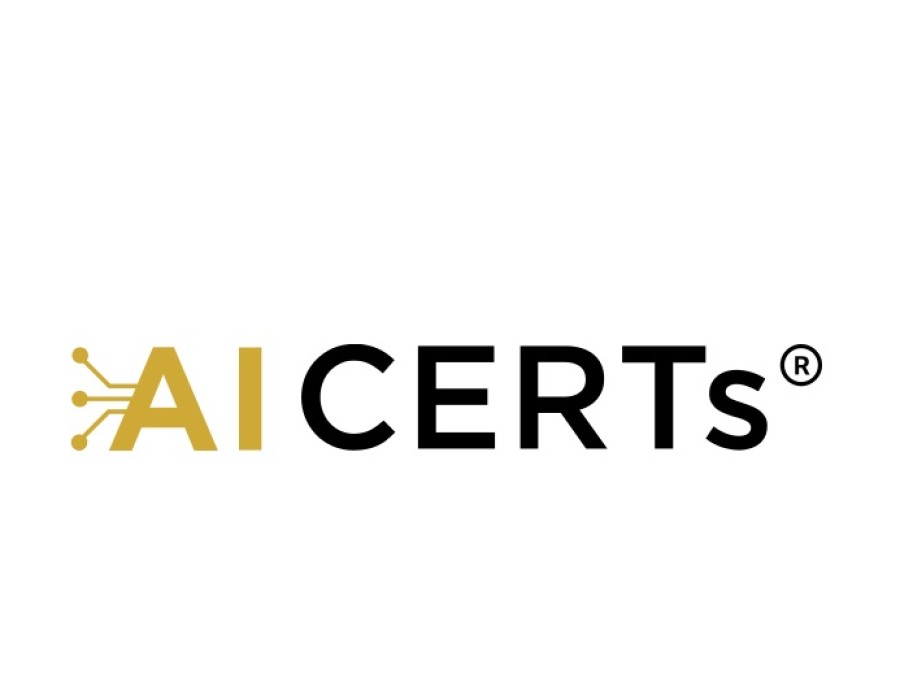The integration of Artificial Intelligence (AI) in education is transforming traditional learning environments, reshaping both teaching and administrative processes. Educators now have access to innovative tools that personalize learning, automate administrative tasks, and enhance student engagement. AI is not only helping streamline education but also equipping teachers and learners with data-driven insights to improve outcomes. As AI adoption grows, educators are increasingly encouraged to pursue professional certifications to harness its full potential.
Revolutionizing the Classroom with AI
AI-powered solutions are redefining the classroom experience. Intelligent tutoring systems, adaptive learning platforms, and predictive analytics enable educators to tailor lessons according to individual student needs. These systems can analyze learning patterns, identify knowledge gaps, and recommend personalized interventions to improve academic performance. Tools such as automated grading software, virtual teaching assistants, and AI-driven content creation platforms are reducing the administrative workload of teachers, giving them more time to focus on pedagogy and student support.
Moreover, AI encourages interactive learning through gamification, simulations, and augmented reality experiences. These technologies help students understand complex concepts by providing experiential learning opportunities that are both engaging and effective.
Key Educational AI Tools
The market now offers a wide range of educational AI tools designed to enhance teaching and learning outcomes. Some popular applications include AI-powered learning management systems (LMS), virtual classroom assistants, and adaptive assessment platforms. These tools allow educators to monitor student progress in real-time, provide instant feedback, and optimize curriculum planning.
Additionally, AI facilitates accessibility by supporting students with diverse learning needs, including those with disabilities. Tools such as speech-to-text software, AI translators, and predictive analytics help educators create inclusive learning environments. By integrating these technologies, schools and universities can improve engagement, performance, and overall learning experiences.
Professional Growth through AI Certification
As AI becomes an integral part of education, professional certifications are emerging as a way for educators to demonstrate expertise. The AI Educator Certification provides educators with structured training in implementing AI solutions, managing AI-driven classrooms, and leveraging data analytics for improved student outcomes. This certification equips teachers with the skills needed to integrate AI responsibly and effectively into their teaching practices.
For educators looking to expand their career prospects, obtaining an Educator Certification focused on AI can open doors to leadership roles, curriculum development positions, and opportunities in EdTech innovation. Certified educators are better prepared to implement AI strategies, mentor colleagues, and drive institutional change.
Exploring the Best AI Courses
Several institutions and online platforms now offer best AI courses for education, covering topics such as machine learning applications, AI ethics, adaptive learning, and educational analytics. These courses are designed to help educators develop technical competencies while understanding the pedagogical implications of AI in the classroom. Participants learn how to design AI-integrated lesson plans, use predictive analytics for student assessment, and ensure ethical AI adoption.
By enrolling in these courses, teachers not only enhance their instructional strategies but also stay updated with the latest trends in educational technology. These skills are essential for fostering innovative learning environments and preparing students for a future increasingly shaped by AI.
Becoming a Future-Ready Educator
The demand for tech-savvy educators is rising. Professionals who actively become an ai educator gain a competitive advantage in both traditional and digital learning ecosystems. By combining pedagogical expertise with AI knowledge, educators can enhance student engagement, optimize teaching strategies, and contribute to institutional innovation.
Adopting AI in education also encourages lifelong learning among teachers. They can leverage AI to monitor their teaching effectiveness, assess student feedback, and adapt instructional techniques continuously. This proactive approach ensures that educators remain relevant in an evolving educational landscape and can confidently guide students in a technology-driven world.
Conclusion
AI is no longer a futuristic concept in education—it is actively shaping how students learn and how teachers teach. From smart educational tools to professional certifications, AI empowers educators to enhance engagement, efficiency, and outcomes. Integrating AI thoughtfully ensures that teaching remains student-centered while embracing technological advancement, creating classrooms that are adaptive, inclusive, and future-ready.






Comments